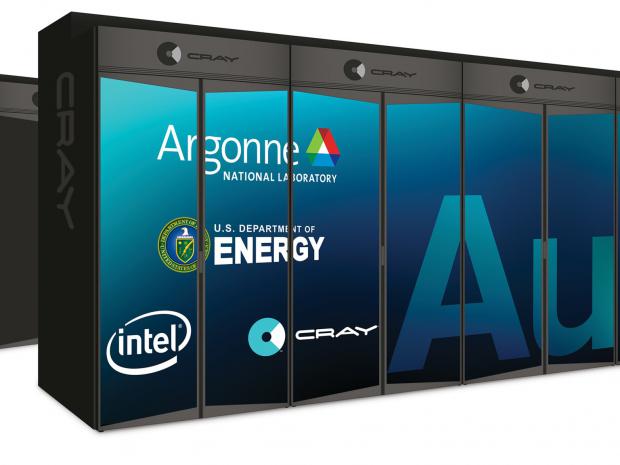
Breaking News
 Alaska Plots AI-Driven Digital Identity, Payments, and Biometric Data System
Alaska Plots AI-Driven Digital Identity, Payments, and Biometric Data System
 Another TRILLION Dollar NDAA Military Spending Bill!
Another TRILLION Dollar NDAA Military Spending Bill!
 The #1 Worst Protein in the World!
The #1 Worst Protein in the World!
 Battleborn 12V Battery: Major Safety Issue
Battleborn 12V Battery: Major Safety Issue
Top Tech News
 Build a Greenhouse HEATER that Lasts 10-15 DAYS!
Build a Greenhouse HEATER that Lasts 10-15 DAYS!
 Look at the genius idea he came up with using this tank that nobody wanted
Look at the genius idea he came up with using this tank that nobody wanted
 Latest Comet 3I Atlas Anomolies Like the Impossible 600,000 Mile Long Sunward Tail
Latest Comet 3I Atlas Anomolies Like the Impossible 600,000 Mile Long Sunward Tail
 Tesla Just Opened Its Biggest Supercharger Station Ever--And It's Powered By Solar And Batteries
Tesla Just Opened Its Biggest Supercharger Station Ever--And It's Powered By Solar And Batteries
 Your body already knows how to regrow limbs. We just haven't figured out how to turn it on yet.
Your body already knows how to regrow limbs. We just haven't figured out how to turn it on yet.
 We've wiretapped the gut-brain hotline to decode signals driving disease
We've wiretapped the gut-brain hotline to decode signals driving disease
 3D-printable concrete alternative hardens in three days, not four weeks
3D-printable concrete alternative hardens in three days, not four weeks
 Could satellite-beaming planes and airships make SpaceX's Starlink obsolete?
Could satellite-beaming planes and airships make SpaceX's Starlink obsolete?
Intel and the Department of Energy are building America's first exascale supercomputer,

Intel said on Monday that it would build the US's most powerful supercomputer, so fast that it could process 1 quintillion — 1 billion times 1 billion, or 1,000,000,000,000,000,000 — calculations per second.
To put that in perspective: If every person on Earth did one calculation (say, a math problem involving algebra) per second, it would take everyone over four years to do all the calculations Aurora could do in one second.
Intel and the US Department of Energy said Aurora would be the US's first exascale supercomputer, with a performance of 1 exaflop, when it's completed in 2021.
That kind of number-crunching brawn, the computer's creators hope, will enable great leaps in everything from cancer research to renewable-energy development.
Aurora, set to be developed by Intel and its subcontractor Cray at the Energy Department's Argonne National Laboratory in Chicago, would far surpass the abilities of supercomputers today. It's likely to be the most powerful supercomputer in not just the US but the world, though Rick Stevens, an associate laboratory director at Argonne, said that other countries might also be working on exascale supercomputers.

Rajeeb Hazra, a corporate vice president and general manager at Intel.
The effort marks a "transformational" moment in the evolution of high-performance computing, Rajeeb Hazra, an Intel corporate vice president and general manager of its enterprise and government group, told Business Insider.

 First totally synthetic human brain model has been realized
First totally synthetic human brain model has been realized Mach-23 potato gun to shoot satellites into space
Mach-23 potato gun to shoot satellites into space

